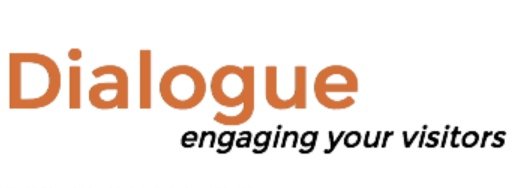New in 2022
Jason Porter and Mary Kay Cunningham, Co-editors (Rowman & Littlefield, AAM Series)
Today’s museum educators are tackling urgent social issues, addressing historic inequalities of museum collections, innovating for accessibility, leveraging technology for new in-person and virtual learning experiences, and cultivating partnerships with schools, businesses, elders, scientists, and other social services to build relationships and be of service to their communities. Despite the physical distance the pandemic placed between museums and their visitors, museum educators have remained essential -- sustaining connections with the public through virtual or modified programming, content development, and conversations that they are uniquely qualified to execute. Educators require updated resources to guide their efforts in navigating these new challenges and building upon the opportunities presented by current events and changing audiences.
This book and its accompanying on-line resource share lessons from innovators in the field to support ongoing professional development efforts with essays about current issues. Additionally, it provides new models and tools to guide individual or group reflection on how today’s museum educators can adapt and thrive in a dynamic and ever-changing cultural sector. The additional resources include discussion prompts and adaptable templates to allow readers to customize the content based on current events, institutional discipline, size, budget, and staffing scenario of their organization.
Email us to purchase directly for $45 (or click here)
The Interpreters Training Manual for Museums
Mary Kay Cunningham, 2004 (American Association of Museums Press)
Designed to make the training process easier and more effective, The Interpreters Training Manual for Museums helps institutions develop a customized training program for their interpreters - docents, volunteers, lecturers, educators, curators, and other staff who engage visitors in a dialogue. The book's emphasis is on social interaction, a critical component of museum learning; engaging visitors in a dialogue encourages them to participate in their own learning and develop deep connections to the institution. The Interpreters Training Manual combines group exercises, written and oral activities, and interactive lectures to teach interpreters -the staff and volunteers who deal directly with the public - how to facilitate meaningful conversations with visitors. Suitable for all types of museums - botanical gardens, zoos, parks, and living history sites - the book is based on the author's extensive experience in creating interpreter-training programs.
Presentation: Visitor Experience Design for Cultural Institutions (learn more about what is involved in the planning process)
Presentation: Revisiting Interpretive Planning; A Holistic Approach to Crafting Your Visitor Experience (the intersection of planning efforts)
Presentation: Supporting Family Learning (unique approaches to serving this critical audience)
PDF: A Scenario for the Future of Museum Educators (an article about educational leadership)


